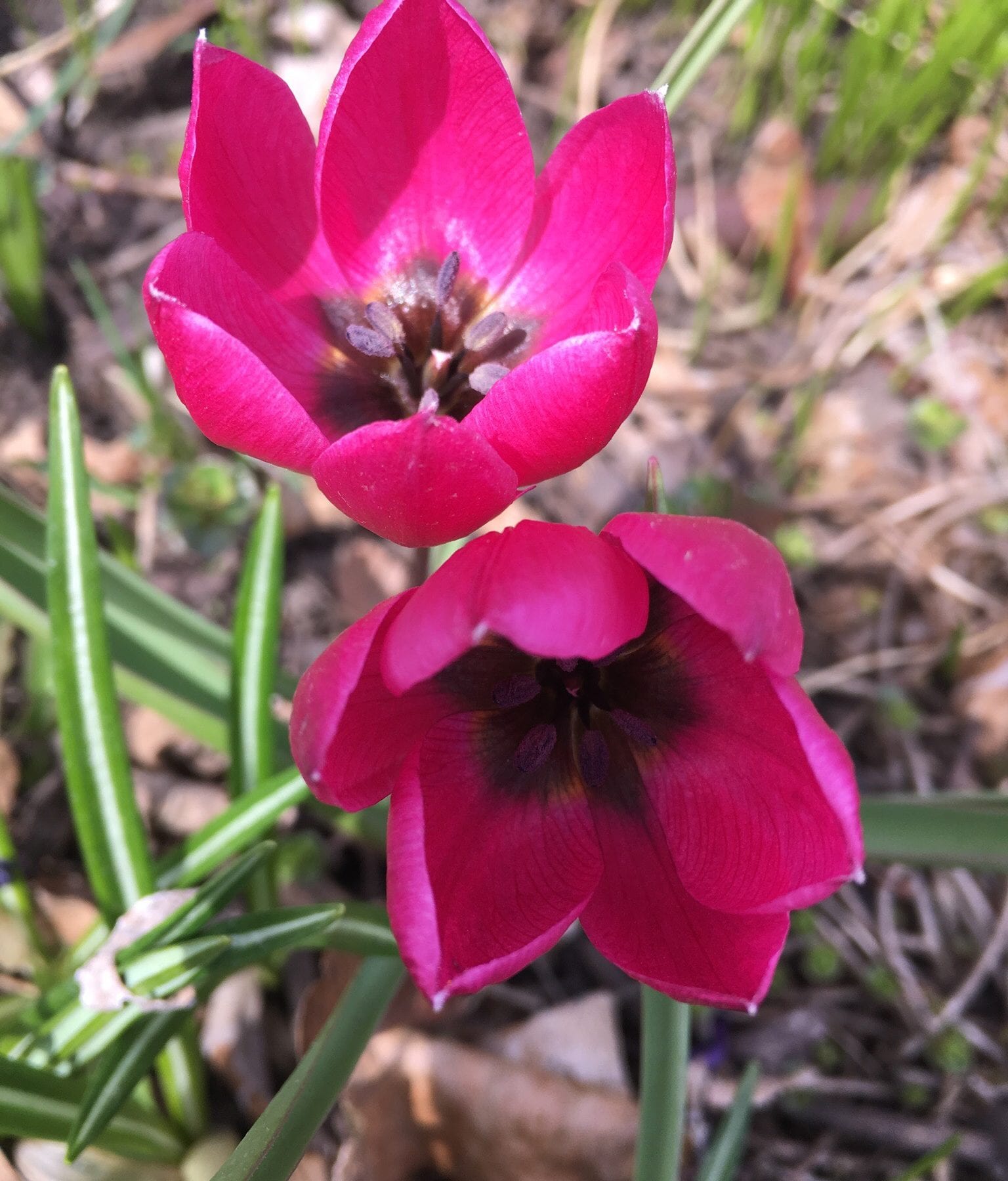Listening – Learning

Here in this sweep of valley ringed by mountains, there are .. finally .. undeniable signs of spring. Every year, the emergence of this season equates with a rekindling, a renewal of human spirit. It’s something to do with having made it through the dark time – the winter – when so much of life retreats.
But now, even here in the northern reaches of our continent, we are warming. Daylight stays on longer. Birds are singing. There’s evidence of new life.
Like the buds and grasses, we’re looking up and out. Waking into every next day, each of us with the unique human capacity for self-reflection. The sort of capacity Full Ecology suggests we should kick into action “early and often.” Observing everything around us we possibly can, getting increasingly conscious about the role we play both in nature, and also, as a part of nature. Noticing the myriad ways the natural world supports us. Every day. Every hour.

With this website, we describe 8 Instructions of the Natural World – a list of specific lessons we’ve observed so far. To better integrate these instructions, to meet with and more fully engage them, Full Ecology suggests 4 Behaviors. The first of the Behaviors described on this website is: LEARN.
In order to learn, you must listen. And in order to listen thoroughly, you must be open to hearing, considering and acknowledging where you are. And also, what is real.
Science is frequently associated with this kind of knowing. But so are the experiences shared in story by people who are credible to you. Their stories – and yours – are a kind of personal science, driven by your own inquiry. Your own observation. Your experiences, with all their successes, failures and inconclusive stalemates. Everything adds to what and how you know.
On a large scale, there are groups like the United Nations whose representatives join together to consider the best information available for making recommendations in the best interest and ongoing wellbeing of human community. In the spirit of acknowledgement, we read and listen to things like the United Nations 2019 Intergovernmental Science-Policy Platform on Biodiversity and Ecosystem Services. It’s a new enough report that we don’t even have a direct link, but we do have the benefit of early journalism.
Several articles we’ve run across turn our attention to the Full Ecology of interdependence. Here, for example, is something we’ve been talking about the past few days related to the UN Platform.
Economies, local and global, rely substantially on “free” services of the natural world. These services, often referred to as natural resources, a term that implies human ownership, include the provision of clean water and air, and the health and activity of pollinators to make possible all of our major food crops. The report indicates the annual value of pollination by bees, insects and other animals is up to $577 billion globally. And in the U.S., the value of all of nature’s pro bono services taken together tops $24 trillion a year.
That’s compelling. Something else to consider comes from the research and reporting of Yinon M. Bar-On, Rob Phillips, and Ron Milo who illustrate the idea of impact by referring to the constituents of the natural world. Their investigation shows how we human beings, who have such a huge effect on the world’s ecology, make up a really quite tiny fraction of the living world. In 2018, with the first ever calculation of the biomass of life on Earth, these scientists have found that humans make up just 0.01 percent of all living things. Our companions? Plants who compose 83% of the biomass. Bacteria come in at 13%, with Fungi at 2%, and other organisms around 1%. Animals, perhaps our closest relatives, make up 0.4% of the biomass every organism on earth shares.
So many opportunities for learning. Listening. They’re happening all the time. Each with the possibility of swaying our human awareness toward acknowledgement of both our agency and our responsibility. And not just responsibility, but possibility—the chance to shift the trajectory of our individual and collective ecology.
All we can do is our part. Time to get going.